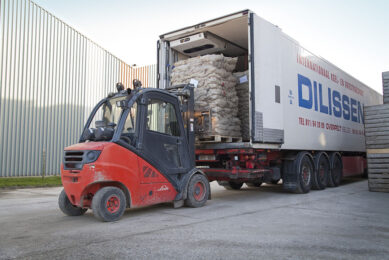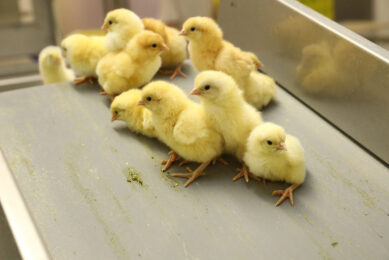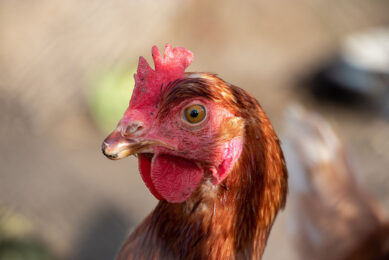CAFTA and 90/10 Principle
The China-ASEAN Free Trade Agreement (CAFTA) kickoff began in early 2010. Those countries that have signed the agreement with CAFTA may enter other member countries and market their products there. There are no limitations regarding which products are included in this agreement, so poultry and eggs are therefore included.
For those countries where the poultry industry is well developed, this agreement could be seen as a multi-vitamin for them to export their poultry products and expand further in another CAFTA countries. However, for those countries that are still developing their poultry industry, this agreement could be viewed as a threat. The reason for this is clear – poultry products that are cheaper and of the same or even better quality produced by the developed countries will be in a better position to export their products to the developing countries.
In Indonesia i have heard several poultry stakeholders view this agreement as a threat and would like to have the agreement postponed. Some small and medium-sized poultry farmers are also apprehensive about this agreement because they feel that their poultry products or businesses will be defeated by foreign products coming in from developed Cafta members. Some of the stakeholders are pessimistic that CAFTA will give positive impacts on poultry industry to their country.
Through this blog, I wish to bring to light Stephen Covey’s 90/10 principle, which concerns our reaction to situations. In our lives, the principle states that 10% is out of our control or has been settled by God, but 90% is determined by how we react to situations. When we react positively, we will get a positive lesson from negative things and then find the strategy to overcome it. So, based on the principle, and for those countries that are still developing their poultry industry, I feel that CAFTA should be regarded in an optimistic way, as a booster to improve and develop the poultry industry faster and more competitively.
For the government, poultry facilities and guidance related to poultry should be provided to the farmers. This translates into improved farmer knowledge and a determination to keep their operations more efficient. The local private poultry sector should also aim to be more creative to make both their businesses and products more competitive.
Which one is your perspective? Optimistic or pessimistic?












